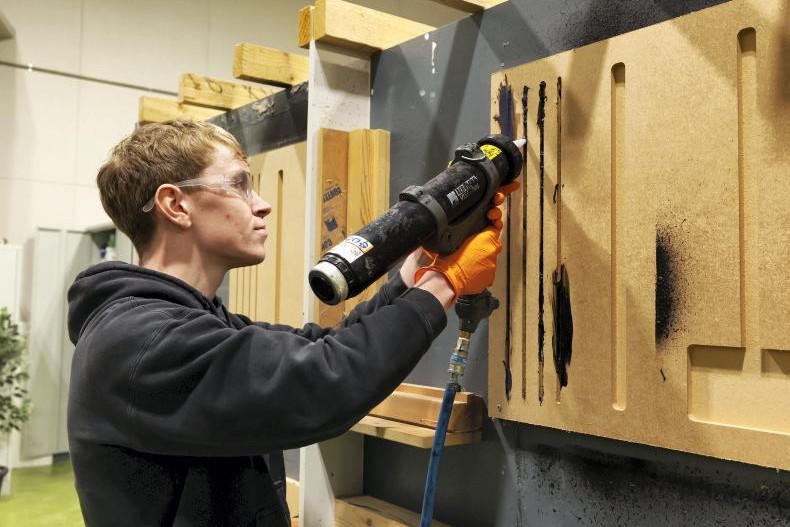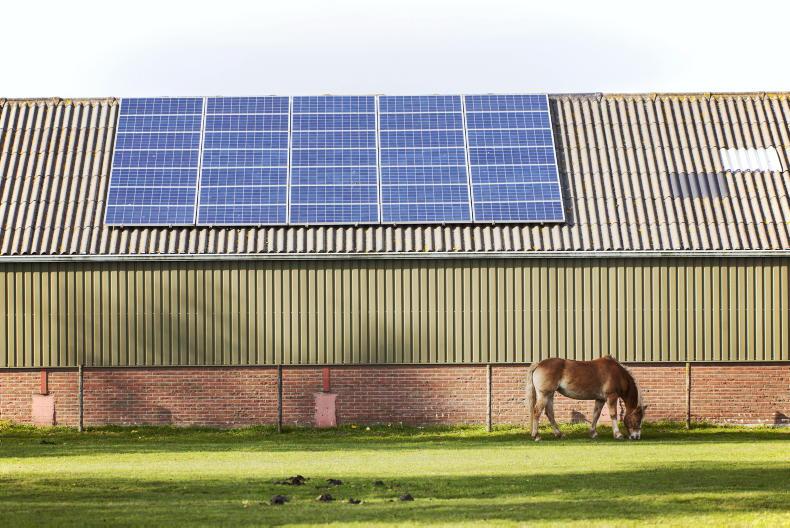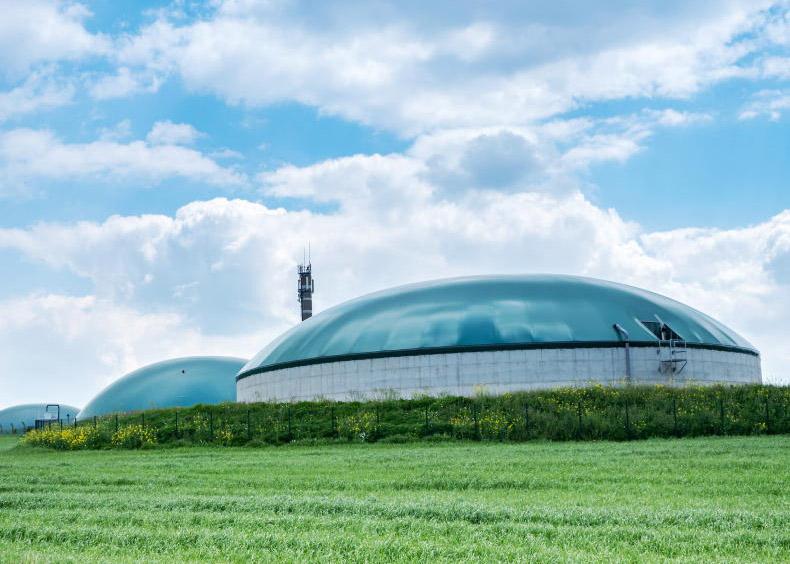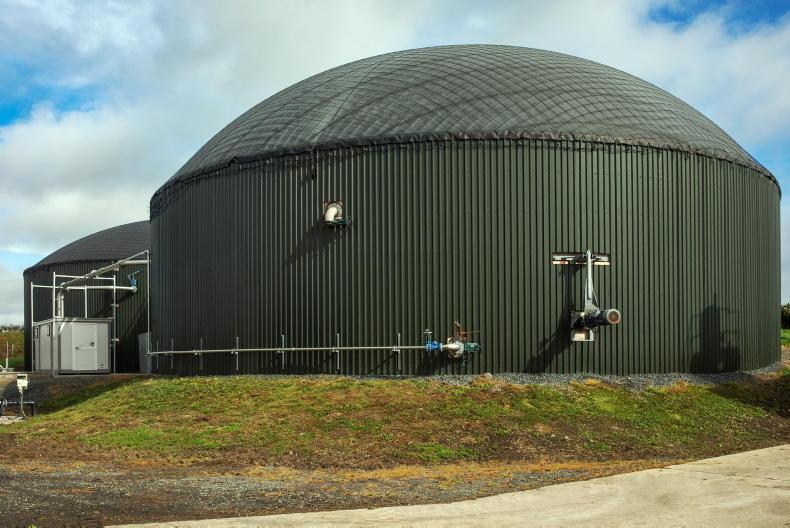An inquiry by MPs on the Westminster NI Affairs Committee has highlighted that NI is “unlikely” to meet key climate change targets, including that 80% of electricity generation will come from renewable sources by 2030.
In a letter from committee chair Robert Buckland to interim NI Economy Minister Deidre Hargey, he identifies three key barriers.
The first is inadequate infrastructure, including the lack of grid capacity to support a full transition to renewable electricity. In addition, most of NI’s renewable energy comes from wind, but it is an unreliable source of energy that needs to be complimented with investment in the likes of short-term battery storage and long-term hydrogen storage.
The second barrier is an unsupportive policy environment, with the planning process described as “disjointed” and NI the only part of the UK without a government-backed renewable energy scheme.
As a result there has been a lack of investment in renewables in recent years. In 2022, NI connected only 30MW of renewables while the Republic of Ireland connected more than 20 times this amount (688MW).
The final issue raised by the Westminster committee relates to the lack of consumer awareness around NI climate change targets.
To meet 2030 targets, NI’s residential sector will have to reduce its energy demands by 28%. However, evidence presented to the committee suggests awareness of the targets, and how they might be met, is low.








SHARING OPTIONS